AHK-Cu 200mg
$200.00
AHK-Cu has been studied extensively in animal and laboratory models for its effects on skin health, collagen synthesis, and hair growth.
AHK-Cu 200mg
AHK-Cu is a peptide with a copper ion linked to it. It is found in the blood of most mammals and is particularly important in regulating the growth, development, and death of vascular endothelial cells, the cells that line the inside of blood vessels. It is often called “copper AHK” and is of interest to researchers for its ability to improve hair growth and prevent the effects of aging as they relate to skin.
Research Application:
AHK-Cu is of primary interest for its effects on fibroblasts, cells that are responsible for the growth and maintenance of extracellular matrix (the stuff between cells). Fibroblasts also secrete substances, like vascular endothelial growth factor (VEGF), which promote the growth of blood vessels. AHK-Cu has been studied extensively in animal and laboratory models by the cosmeceutical industry for its effects on skin health, collagen synthesis, and hair growth.
What Is AHK-Cu?
AHK-Cu is a short peptide that is complexed with (chemically linked to) a copper molecule. In the case of AHK, the copper atom is linked between the alanine and histidine residues of the alanine-histidine-lysine peptide. The copper atom is bound to three of the nitrogen atoms in the tripeptide. AHK-Cu has been heavily researched as a skin conditioning agent and has recently gained interest as a potential treatment for hair loss after promising bench-top experiments.
What Does AHK-Cu Do?
AHK-Cu can affect several different cellular processes simply by influencing the levels of two molecules VEGF and transforming growth factor beta-1 (TGF-β1). By increasing VEGF levels, AHK-Cu can activate fibroblasts and endothelial cells. Fibroblasts are responsible for the production of collagen and elastin, two complex molecules that influence skin tone, texture, and flexibility. Endothelial cells line blood vessels and are essential to blood vessel health and growth. The combined effects of activating fibroblasts and endothelial cells are improved skin flexibility, improved wound healing, and decreases in fine lines and wrinkles. Research using human skin cells grow in a laboratory has shown that AHK-Cu can increase collagen type I production by as much as 300% [1].
AHK-Cu Research and The Reduction of Wrinkles
Copper and copper peptides are common additives in things like sunscreen and skin creams. Research in animal models indicates that AHK-Cu is an effective stimulator of collagen synthesis. Collagen has several important effects on the skin. First, it provides structure to the skin and makes it tauter. Second, collagen attracts water. When water enters the skin, it hydrates cells as well as the extracellular matrix, which can reduce the appearance of fine lines and wrinkles [1]. Simply put, AHK-Cu can reduce wrinkles in animal models.
AHK-Cu Research and Hair Loss
AHK-Cu affects hair loss in two ways. First, it promotes the growth of blood vessels by stimulating the secretion of VEGF. Blood vessels are necessary to supply nutrients to hair follicles. Studies in animals show that AHK-Cu not only improves blood flow to existing hair follicles, but that it can promote the growth of new hair follicles by encouraging the growth of blood vessels.
The second way that AHK-Cu affects hair loss, at least in animals models, is by down-regulating TGF-β1. DHT (dihydrotestosterone) is the major hormone involved in male pattern baldness and thinning hair in both men and women as they age. DHT produces many of its effects through TGF-β1. By down-regulating TGF-β1, AHK-Cu can directly reduce the impact of DHT and protect hair follicles from negative stress [2].
5 reviews for AHK-Cu 200mg
Add a review Cancel reply
Related products
Cosmetic Peptides
Cosmetic Peptides
Cosmetic Peptides
Cosmetic Peptides
Cosmetic Peptides
Cosmetic Peptides
Cosmetic Peptides
Cosmetic Peptides

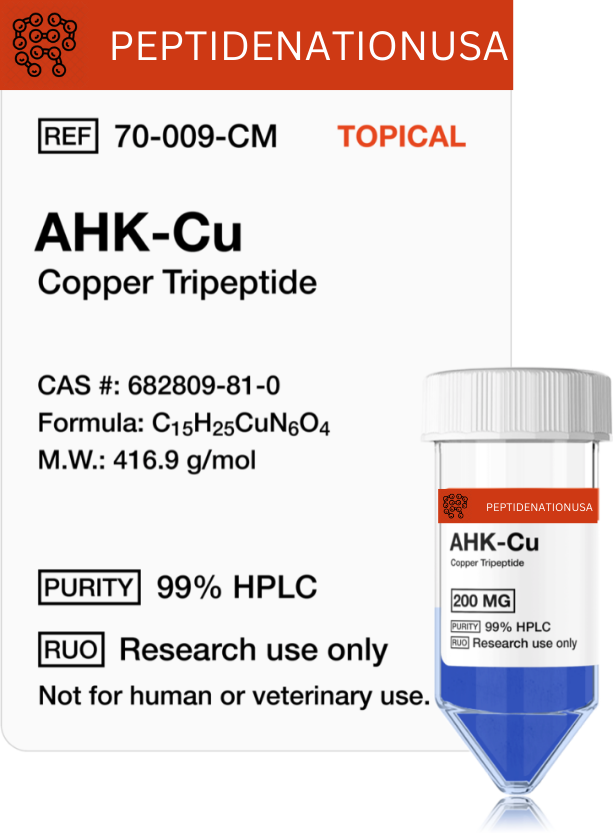
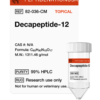
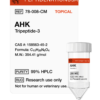
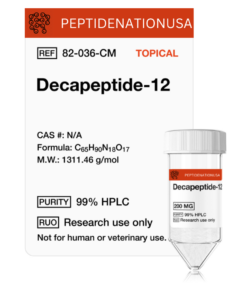
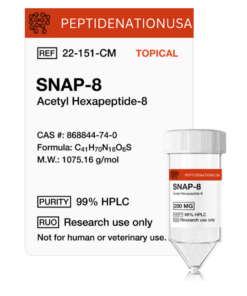
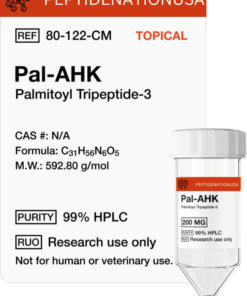
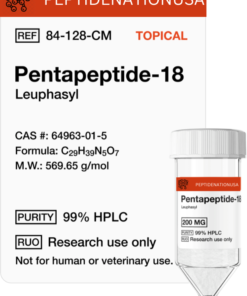
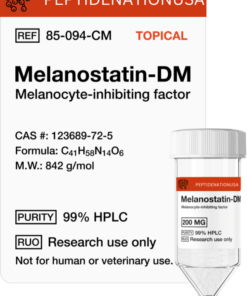
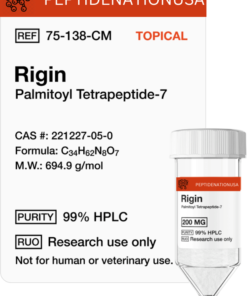
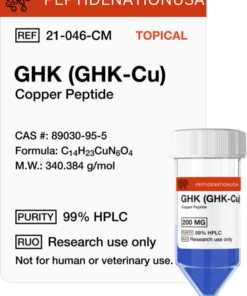
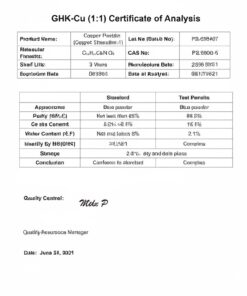
Olivia Perez –
Has a calming effect and gives a dewy finish. A favorite!
Steven Ross –
Easy to apply and my skin texture improved drastically.
Rachel Nguyen –
Helped with inflammation and gave a nice glow.
Tyler Adams –
Makes a huge difference in firmness and texture.
Michelle King –
This peptide feels luxurious and works beautifully.